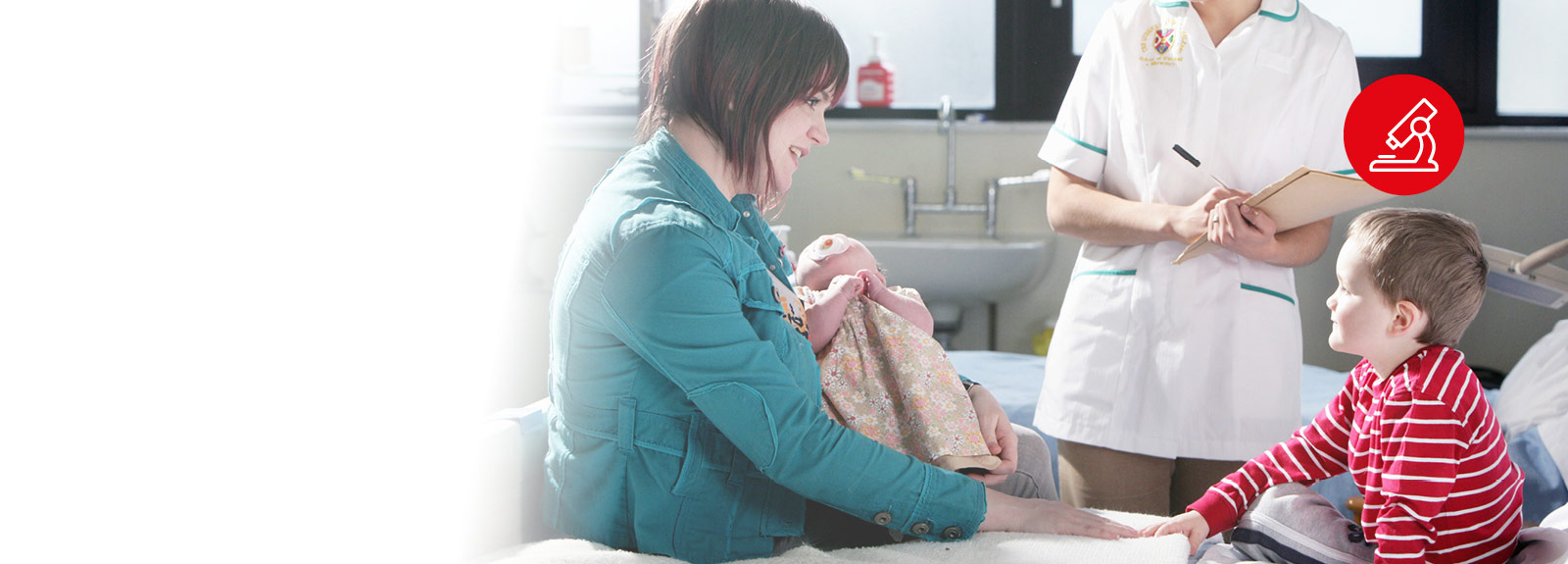Addressing Cancer Inequalities In Europe
Currently three people succumb to cancer every minute throughout Europe. Our 70:35 Vision (70% long-term survival for cancer patients by 2035) is being recognised as a potential blueprint for cancer policy across European nations.
The research, led by Professor Mark Lawler, has found significant inequalities in access to appropriate cancer care across Europe.
Queen’s University partnered with European cancer research organisations as well as local and international charities. This work led to the development of a European Cancer Patient’s Bill of Rights, which was launched in the European Parliament in Strasbourg on World Cancer Day 2014.
This unique partnership between patients and health professionals has supported significant uptake of the Bill of Rights across Europe. The three guiding principles of the Bill address the right to accurate information, access to appropriate specialised care and healthcare systems that will achieve improved patient-focused outcomes.
“I praise the very first Right that the European Cancer Patient’s Bill of Rights defends, the right for the patient to receive accurate information and be proactively involved in their care”
Tonio Borg
European Commissioner for Health
Shared Education
Shared Education is addressing divisions, informing current legislation in Northern Ireland, and having an impact internationally.
In 2007, an innovative approach to facilitating reconciliation through schools separated on ethnic or religious lines was developed in Northern Ireland.
Between 2007 and 2013, over 140 schools participated in 23 collaborative partnerships. At their peak over 5,000 pupils participated in shared classes and hundreds of teachers were involved in delivering these classes or engaging in partnership related work between the schools.
In 2012 the Centre for Shared Education was established at Queen’s to promote the model both nationally and internationally. The Centre supports an ambitious programme of research, advocacy and interventions. Centre objectives are consistent with UNESCO goals for addressing ethnic divisions through education, and in 2015 the Centre Director was awarded a UNESCO Chair.
The model of curriculum-focused school collaboration has now been mainstreamed in the Northern Ireland education system, with the Shared Education Act (2016) mandating the Department of Education and the Education Authority to ‘encourage, facilitate and promote’ shared education.
“Our colleagues from Queen's helped us to develop shared work in education with more than 100 schools across Israel and our program continues to expand, contributing to closer relations between Jews and Arabs and improving education. Our Shared Education colleagues in Queen's have organised important study tours in Northern Ireland Schools for Israeli Educators: these visits have created a genuine commitment among education decision makers and school leaders.”
Myriam Darmoni Charbit,
Director of Civics and Shared Life Education,
Center for Educational Technology, Tel Aviv, Israel
Movement Innovation Lab
Research meets virtual reality to develop better understanding of movement and mobility.
Researchers in the Movement Innovation Lab are using immersive technologies, such as virtual reality, to understand how the brain makes split-second decisions about bodily action, and to develop new ways to improve such decision-making.
The research focuses on how the information we pick up through our senses, along with our own individual abilities to make certain movements, influences the thousands of action-based decisions we make every day. By working alongside elite sporting organisations the team is hoping to use their technological platform to gain a unique insight into player performance.
The team’s research also extends into the world of health, with the power of immersive technology being used to help those with impaired movement and mobility.
“Our collaboration with Queen’s has the potential to make a huge difference to the lives of children living with sight loss, right from birth. The data that the research provides will be used to inform our work with children and young people, helping us to provide more targeted support for children with sight loss and their families.”
Fiona Brown
Head of Mobility Services at Guide Dogs NI
